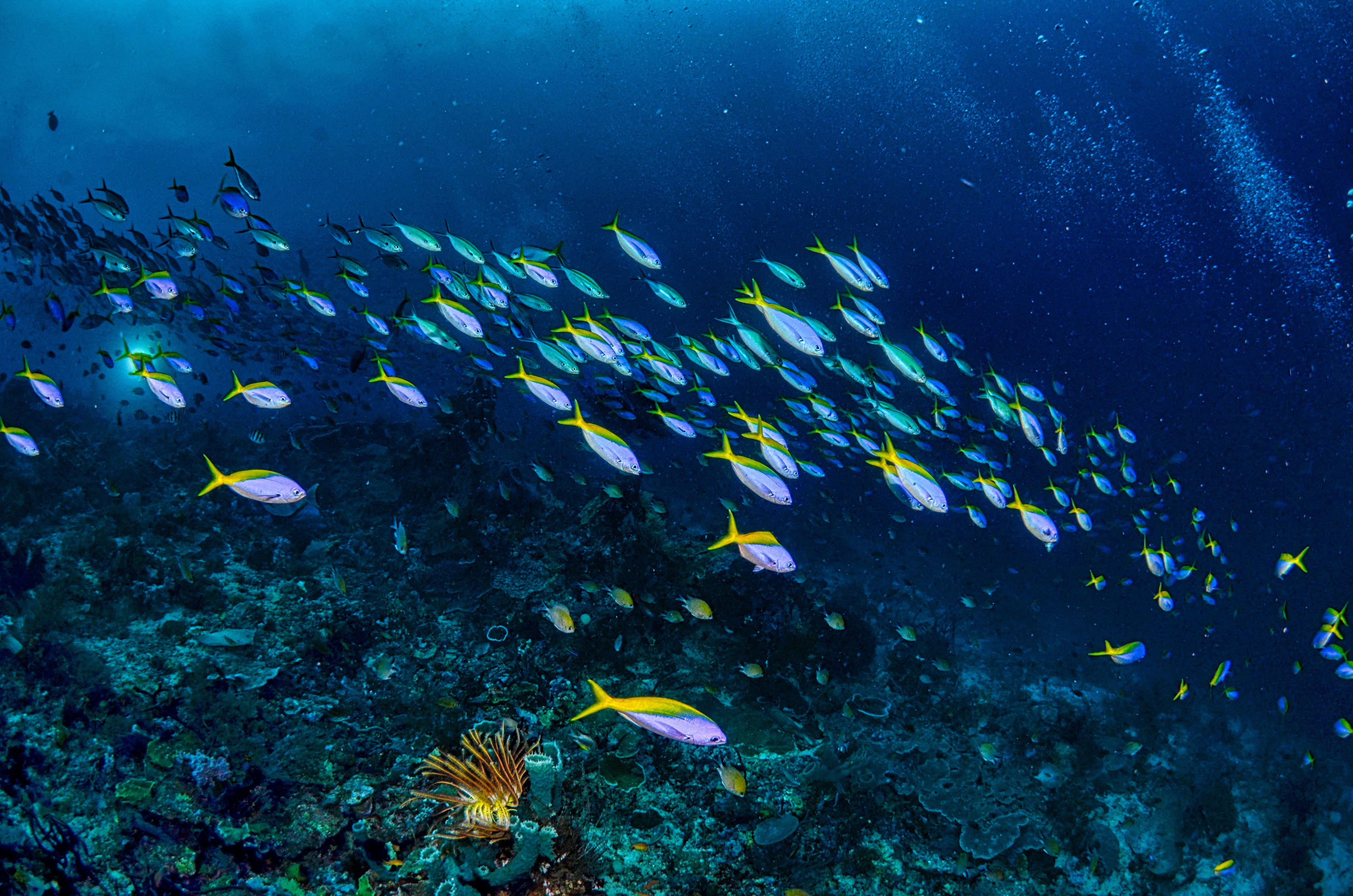By Anna Lexxy Mbucho
Lack of water disturbs ecosystems, reduces food supplies, increases competition and conflict, and eventually leads to a loss of species diversity, all of which represent serious threats to biodiversity. On our world, every species depends on every other species to survive. Certain species would become extinct because the ecosystem could not remain balanced without biodiversity.
Ecosystem services include oxygen production, water purification, pollination, and climate regulation are all made possible by biodiversity, which is crucial for the health and functioning of ecosystems. Its inherent worth lies in its ability to enhance human civilization and offer advantages in terms of aesthetics, enjoyment, and spirituality. To keep life on Earth going and to ensure the welfare of both the current and future generations, biodiversity must be preserved.
Since habitat loss would occur without this essential component, water is significant for biodiversity. Many plant and animal species depend on water sources to survive. These water sources’ ecosystems are jeopardized and eventually disappear as they dry up or become sparse. Many species, especially those that are adapted to exist aquatic or riparian settings, may be directly threatened by this loss of habitat.
Due to changes in water supply and quality, water shortage can upset ecosystem balances. Wetlands, lakes, and other aquatic ecosystems are especially susceptible to changes in water levels. Water scarcity can result in altered river flow patterns, drying up wetlands, and reducing water available to aquatic life. Loss of biodiversity and drops in species populations are outcomes of these disturbances.
The availability of food for wildlife can be impacted by water shortage since lower plant productivity can negatively impact herbivores that rely on these plants for diet. Lower water levels in lakes and rivers can lead to fewer fish, which will affect the amount of food available to predators and other aquatic life. These animals’ populations, as well as human populations, will decline sharply in the absence of food.
Competition for the few remaining water sources increases when water supplies become scarce, which can result in conflicts between various species or even between people and wildlife. Competition like this can put further strain on populations that are already under stress from habitat loss and limited food supplies, which would reduce biodiversity. Since water is necessary for both human and animal survival, conflicts over it will not be advantageous to any side.
The combination of habitat loss, ecosystem disruptions, food scarcity, and increased competition can result in the loss of biodiversity. Species may be unable to adapt to rapidly changing conditions or may be outcompeted by more resilient species, leading to declines or extinctions.

